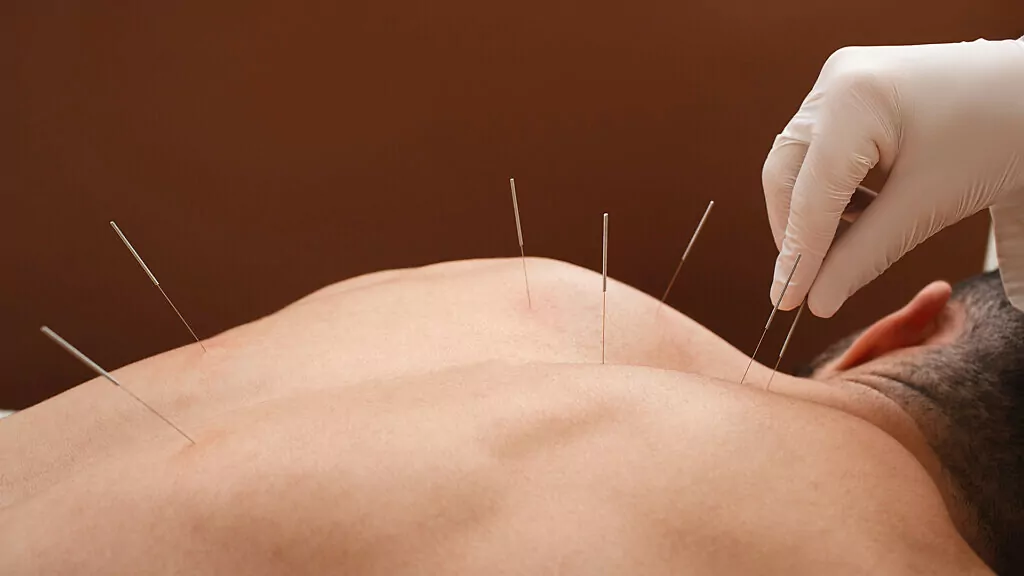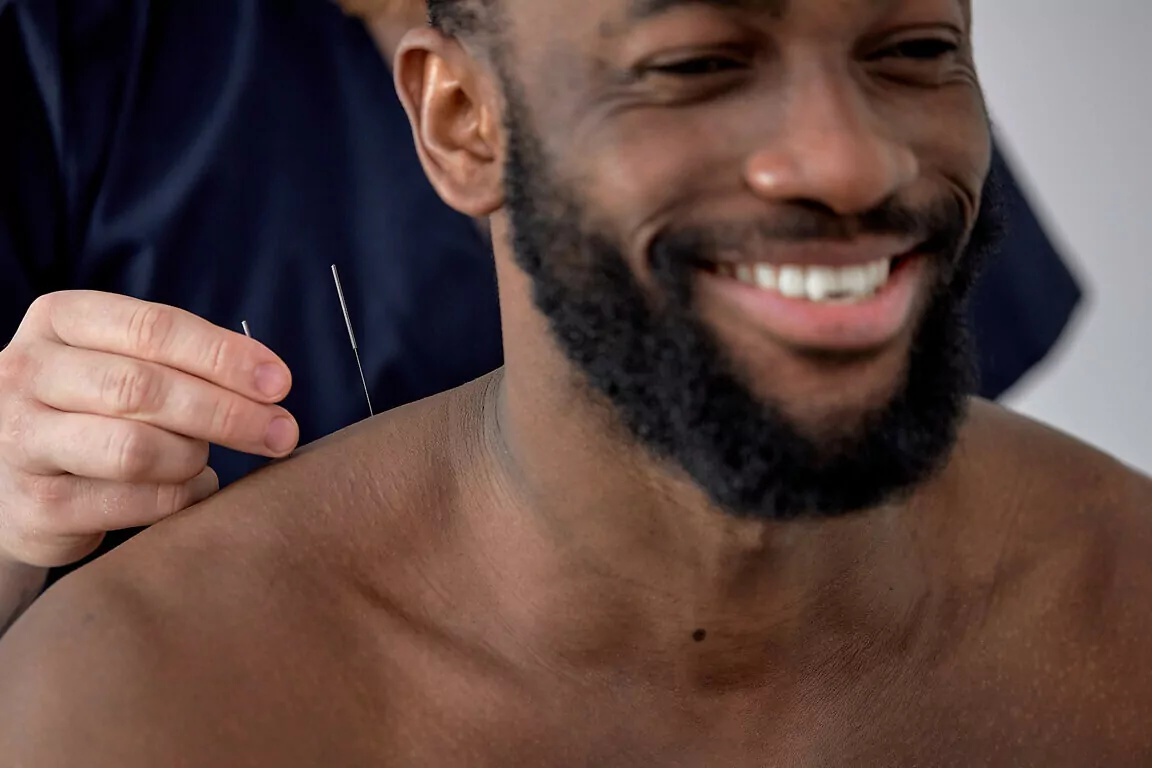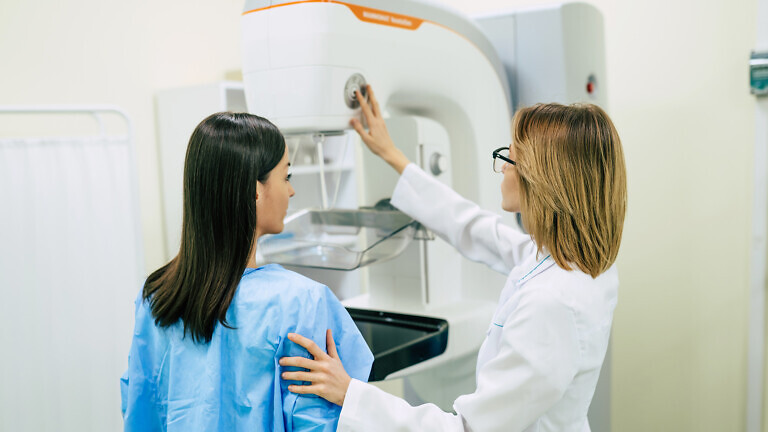Alex Jacobs, chief executive of the British Acupuncture Council, explains how acupuncture can be incorporated into primary care mental health pathways.
The mental health crisis in the UK is deepening. According to government data released this year, the number of people struggling with their mental health is up 20%. The Adult Psychiatric Morbidity Survey (APMS), which monitors mental illness and treatment across the population in England every seven years, has found that more than one in five adults (22.6%) are being clinically assessed as having a common mental health condition, compared to 18.9% in 2014.
For anyone working at the heart of the NHS, sadly, this will come as no surprise. The question is, how do we find novel ways to support existing efforts in mental health services that also meet the criteria of delivering cost efficiencies, protecting staff capacity and time and driving positive patient outcomes? Could greater utilisation of accredited and regulated allied health care professionals like acupuncturists be part of the solution? At the British Acupuncture Council, we certainly think so – and we have the evidence to support it.
Not commonly available
While acupuncture has the highest quality supporting evidence of any complementary therapy and is recommended by NICE as a treatment for primary chronic pain and headaches, it isn’t commonly available as part of current NHS services. Some GP practices, however, do offer integrated healthcare that includes acupuncture. In fact, back in 2022, the British Acupuncture Council (BAcC) was approached by a primary care network (PCN) in Inner Gloucester to partner on a groundbreaking acupuncture service, delivered as a multi-bed setting in an area of high deprivation.
This innovative and inclusive initiative had a vision to make acupuncture more accessible to NHS patients and more cost-efficient via a referral network of GP surgeries. Since the initial set-up, traditional acupuncture and ear acupuncture have been provided by BAcC members as part of an enhanced access programme which delivers two six-week programmes for eligible patients outside of standard working hours – sessions take place in the evenings and Saturdays. The two programmes encompass auricular acupuncture clinics: a group setting for ear acupuncture to support people with depression and anxiety, which allows for conversation and mutual support. And full body acupuncture clinic: one-to-one sessions to support chronic pain.

The acupuncturists work as part of an interdisciplinary team alongside GPs, nurses, counsellors, and social prescribers, who are all able to refer patients to the project. Fellow BAcC member, acupuncturist Fleur Clackson, co-developer and co-deliverer of the Inner Gloucester scheme, has commented that this project is a true representation of harmonious integration with the NHS.
Results of the project are being released this November, coinciding with Acupuncture Awareness Week, which demonstrate the effectiveness of acupuncture in helping people to manage anxiety, making a positive impact on their mental health and overall quality of life. Average GAD-7 scores (the NHS Generalised Anxiety Disorder metric) significantly improve for patients in the programme – with an average GAD score of 15.53 at course entry (indicating severe anxiety), reducing to 8.09 (indicating mild anxiety) on completion of the course.
Anecdotally, some people have reported how they’ve been able to return to work, having previously been unable to leave the house or are now less or no longer reliant on medication or harmful substances.
The release of the outcomes from our collaboration with Inner Gloucester PCN comes as a new survey of our members suggests that there has been a significant rise in people seeking treatment with acupuncture for mental health issues, with over two-thirds (68%) of acupuncturists asked admitting that the prevalence of patients seeking support for mental health concerns had increased over the past year. Furthermore, a staggering 93% said they had supported a patient for mental health issues in the past six months. The biggest uplift (82%) was seen in women aged over 40, followed by young adults (67%) and men aged over 40 (50%).
Driving up standards
The most prominent condition amongst these patients was generalised anxiety disorder, followed by depression. Over half of those acupuncturists asked (55%) said they had seen clients presenting with social anxiety, a third (30.6%) reported that clients were experiencing addiction issues, and 49% said they had seen clients with ADHD or attention deficit disorders. Encouragingly, 99.5% of the acupuncturists reported that patients had generally experienced positive results.
Despite the rise in demand for acupuncture, only 15% of professional acupuncturists surveyed said that their patients had been recommended the treatment by their GP. Asked why they thought some GPs and NHS consultants are not widely recommending acupuncture, the highest-ranking reason is a perceived lack of understanding of the benefits of this complementary therapy (58%). Additional factors given included GPs not realising that acupuncture could be available to patients on the NHS and the fact that they felt GPs are sceptical of acupuncture’s evidence base.
To help bridge this gap, a new digital resource has been developed. This new guide aims to provide the definitive evidence GPs and allied healthcare professionals need to refer patients confidently. This is about driving up standards in care for patients, with a call to doctors to broaden their understanding of acupuncture.



